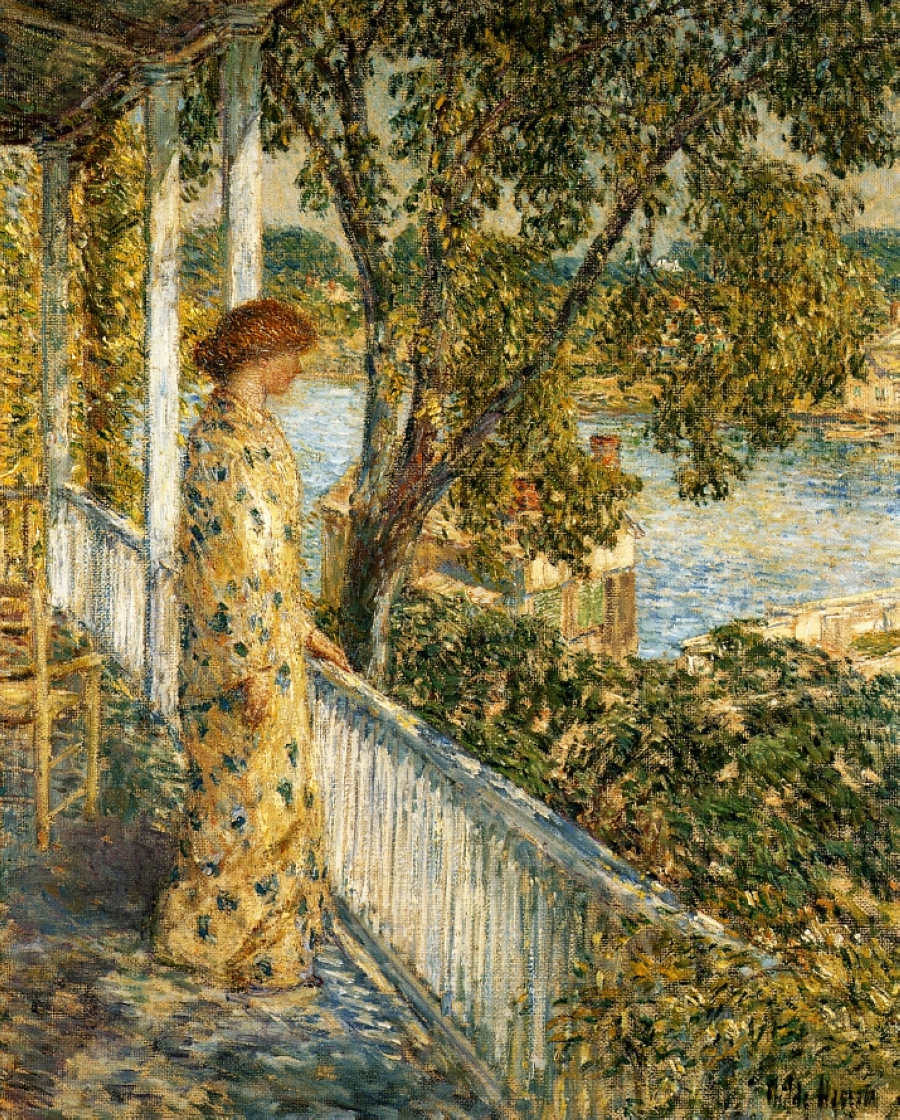After I performed my solo show in January, I heard from many audience members who had comments about my performance. For a couple of weeks after the show, I received emails and notes in the mail, and had casual conversations when I ran into people on the street. It was wonderful to receive these kudos in my virtual and real mailbox.
The first thing I learned from this is how important it is to give appreciation, in any form, to artists after you’ve experienced their work. You know what it takes to mount a show, to perform a play, to sing in a cabaret. The notes of appreciation you send will come back to you some day, perhaps when you need it most.
The second thing I learned is that sometimes comments have more to do with the other person than with you or your art. Keep this filter in mind when hearing feedback, especially if it’s critical.
But the most useful thing I learned about receiving feedback is this: Sometimes an audience member will notice a “problem” with the work. Maybe they were confused by something, for example. Often, they will tell you the problem they experienced and then offer you a solution for how to fix it.
Here’s my advice: Don’t listen to their solution! Instead, listen to the problem or the part that confused them. They may have stumbled upon something in your work that does need fixing, but it’s up to you to consider and then decide whether you’re going to address it and if so, how.
From this insight, I hear comments about my work with a new filter: I stay focused on what the other person’s experience was and I listen with curiosity. Then, later, I consider what they said. If their comments line up with something I know needs work, then I use their comments to help me diagnose and fix the problem. But if I see things differently, I thank them and move on.
How do you hear comments about your work? What enables you to listen with curiosity and not get caught up in whether they “liked it?” I’d like to know. Please comment at gigirosenberg/blog.
Gigi Rosenberg is an author, artist coach and editor of Professional Artist. She wrote The Artist’s Guide to Grant Writing (Watson-Guptill) and coaches artists to help them find funding, blast through creative blocks and launch vibrant marketing plans. To download “5 Steps to Your Artist Statement,” visit gigirosenberg.com.




